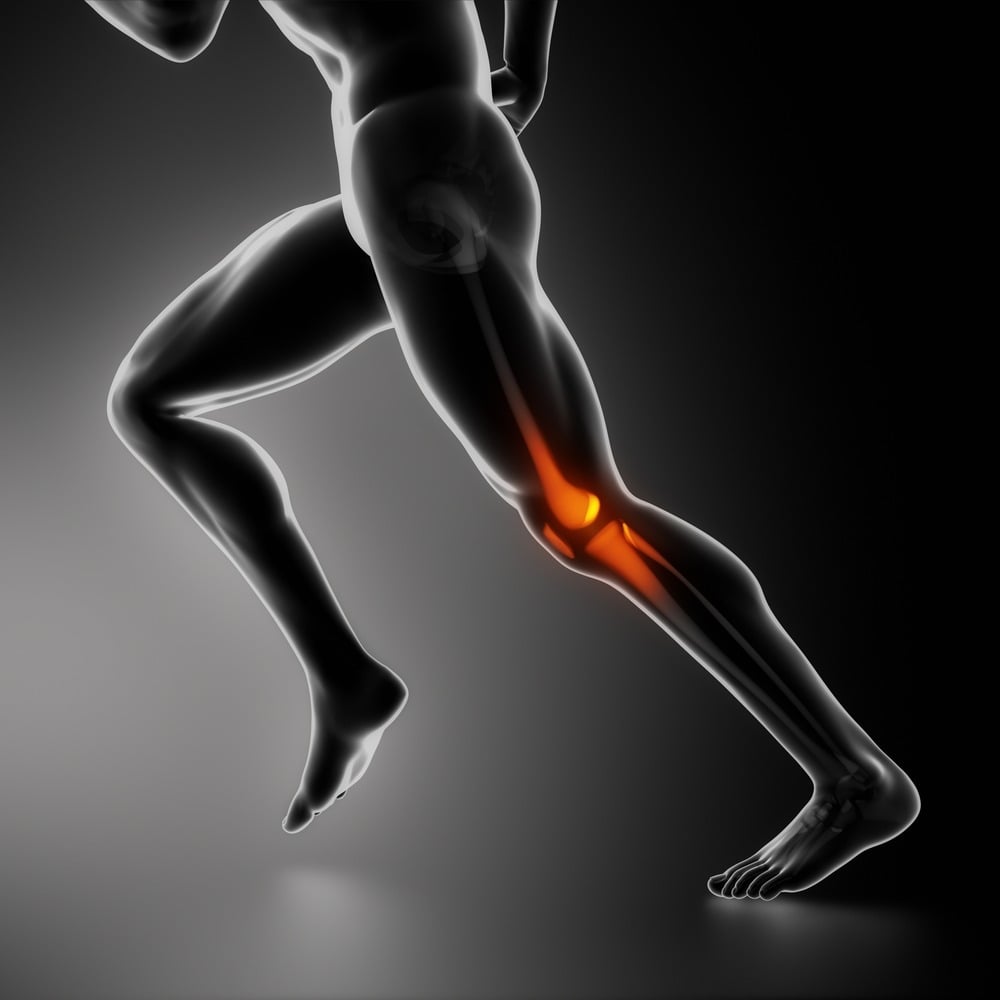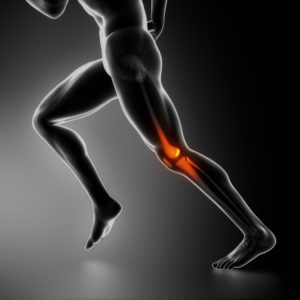3 min read
Ketamine may help to relieve osteoarthritis pain and inflammation
ketamine@dmin Apr 8, 2019

Alternative Inflammation, Pain and Arthritis Treatment

Painful inflammation can impact anyone, at any time. In many cases, the inflammation—though painful—is a temporary condition caused by an acute injury (like a twisted ankle or knee), an infection, or even just a basic wound. In these cases, treatment is usually pretty simple and straightforward. If the inflammation is caused by a wound or infection, the key is rapid treatment with antibiotics. If the source of the inflammation is an acute injury, physicians usually recommend the so-called RICE treatment: Rest, Ice, Compression, and Elevation. In all cases of this temporary, and usually fairly mild, inflammatory pain, treatment may also involve anti-inflammatory medications known as an NSAIDs (Non-Steroidal Anti Inflammatory Drugs).
Chronic inflammation of the joints is known generally as “arthritis”, and unfortunately, it’s far more common than most people realize. “Arthritis”—a generic term encompassing more than 100 different types of inflammatory joint pain and/or joint disease—affects more than 50 million adults and 300,000 children. Because of the extremely painful and debilitating nature of many forms of arthritis, it is the leading cause of disability in the United States today. The most common symptoms of arthritis include swelling, stiffness, decreased range of motion, and of course pain. Severe arthritis often leads to significant and chronic pain, and over time can lead to permanent changes and damage to the affected joints.
As noted above, there are over 100 different types of inflammatory conditions that fall within the umbrella of arthritis. However, the two most common types are:
- Degenerative arthritis: Osteoarthritis (OA) is the most prevalent form of arthritis, especially among older Americans, potentially affecting 30% of men and almost 35% of women aged 65 and older. OA causes the cartilage cushioning the ends of the bones to wear away until the bones in the affected joint rub against each other.
- Inflammatory arthritis: Inflammatory arthritis is what is known as an autoimmune disease, when the body’s immune system goes into overdrive and mistakenly begins to attack itself. In the case of inflammatory arthritis, the body’s immune system attacks the joints, causing uncontrolled inflammation. The two most common types of inflammatory arthritis are Rheumatoid arthritis (RA) and Psoriatic arthritis.
The key to managing and treating both degenerative arthritis and inflammatory arthritis is both early diagnosis and aggressive treatment. For OA, this often means balancing periods of rest while still staying active and physically fit and controlling the inflammation and pain with hot and cold therapies and OTC anti-inflammatories; in severe cases, joint replacement may be required. For RA and other types of inflammatory arthritis, the key is slowing the progression of the disease to minimize pain and hopefully prevent permanent joint damage with anti-rheumatic drugs.
Another potential tool in the fight against inflammatory pain—whether caused by OA, RA, or another type of inflammation—may be Ketamine Infusion Therapy. New research is beginning to demonstrate that ketamine may assist in the fight against inflammatory pain in two distinct yet overlapping ways:
Ketamine offers relief from chronic, severe pain stemming from arthritis and inflammation
Scientists currently believe that low dose ketamine infusions help fight chronic pain from inflammation, arthritis, migraines, Complex Regional Pain Syndrome, and cancer by altering the central nervous system’s sensitization to pain. By acting as a calming agent on the nerves of the central nervous system, ketamine raises the threshold at which the neurons start sending pain signals to the brain. With a higher threshold for pain signaling, fewer pain signals are sent to the brain, thereby reducing the experience of pain for the patient.
Ketamine may act as an anti-inflammatory
We are continually learning more about the bodily processes at the root of chronic conditions such as inflammation. Recent studies indicate that elevated levels of certain chemicals such as glutamate may have a “pro-inflammatory” affect: when glutamate interacts with NMDA receptors, it initiates a cascade of signals in the body that can spark arthritic inflammation. Ketamine is an NMDA receptor antagonist, meaning that it blocks the ability of glutamate to spark a pro-inflammatory signal, thereby potentially reducing inflammation at the source, deep within the body’s own complex chemical reactions.
Ketamine has been available as a safe and fast-acting anesthetic for many, many years now. Yet researchers and physicians alike are continuing to learn more about how this amazing compound interacts with the brain and the central nervous system to reduce pain and fight depression and other mood disorders. When administered by experienced experts like Dr. Steven L. Mandel at Ketamine Clinics of Los Angeles, Ketamine Infusion Therapy is proving to be a powerful and highly effective treatment for a variety of painful and debilitating conditions such as osteoarthritis.
For more information about Ketamine Infusion Therapy treatments for depression, bipolar, anxiety, post-traumatic stress disorder (PTSD), obsessive compulsive disorder (OCD), fibromyalgia, pain syndromes and other conditions contact us at Ketamine Clinics of Los Angeles in Southern California (Orange County) by clicking here or calling 310-270-0625.

